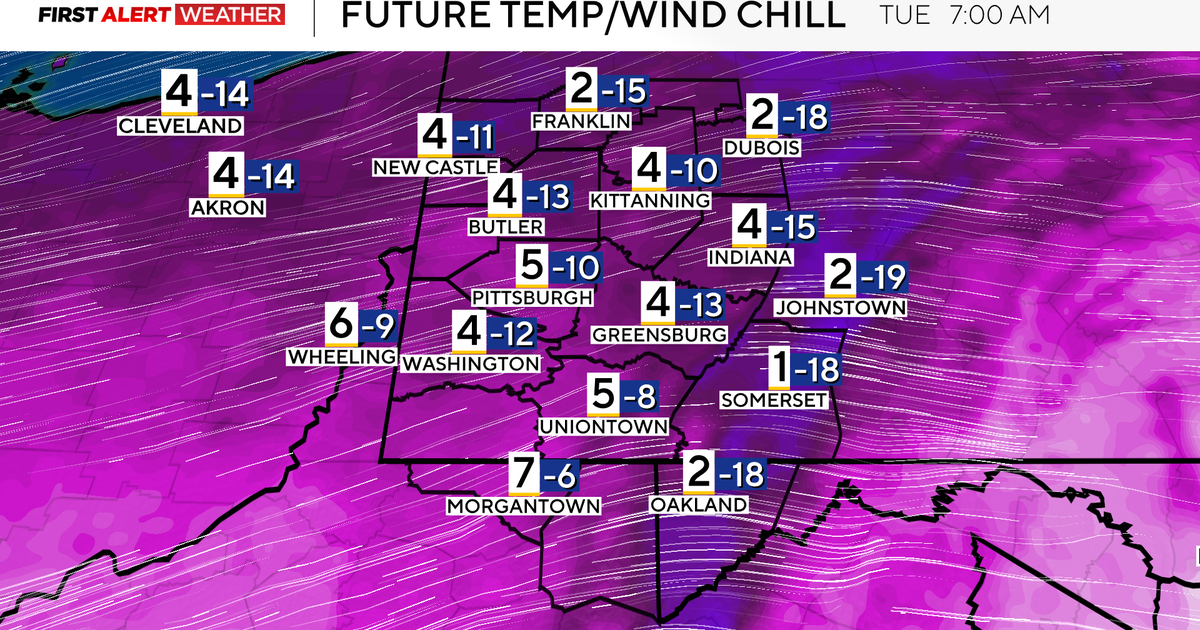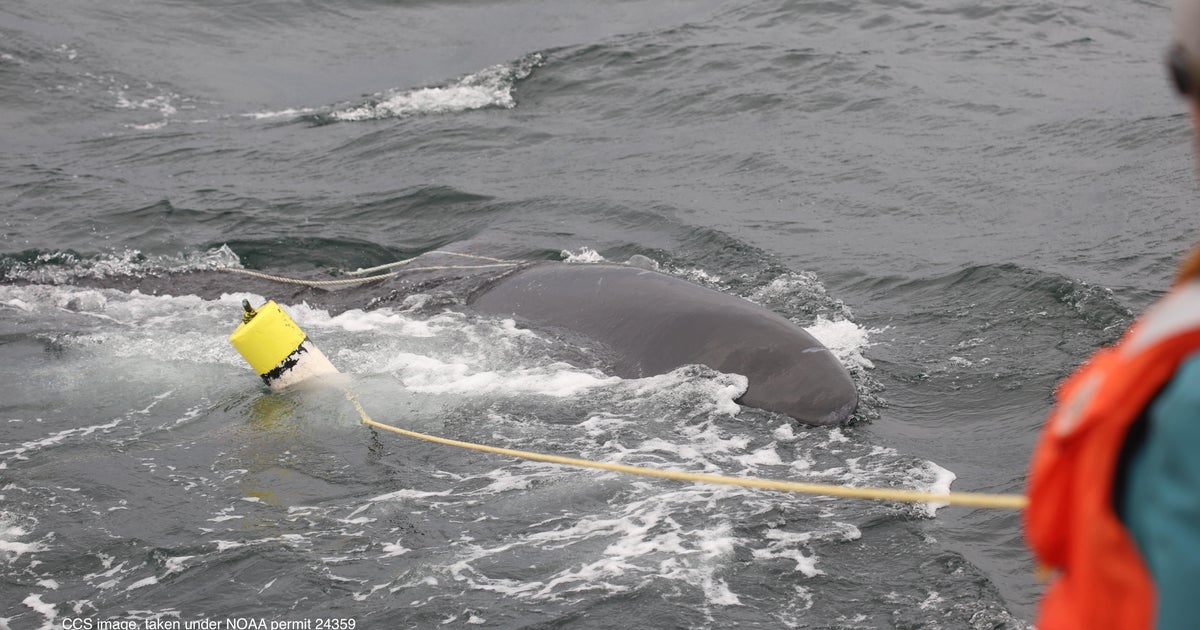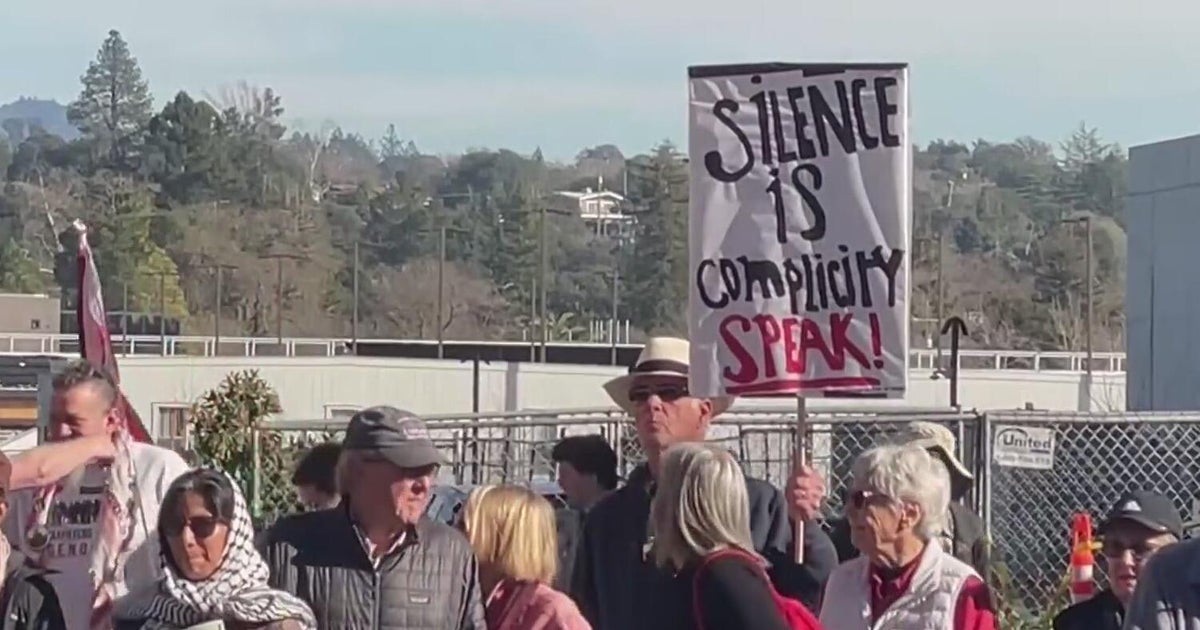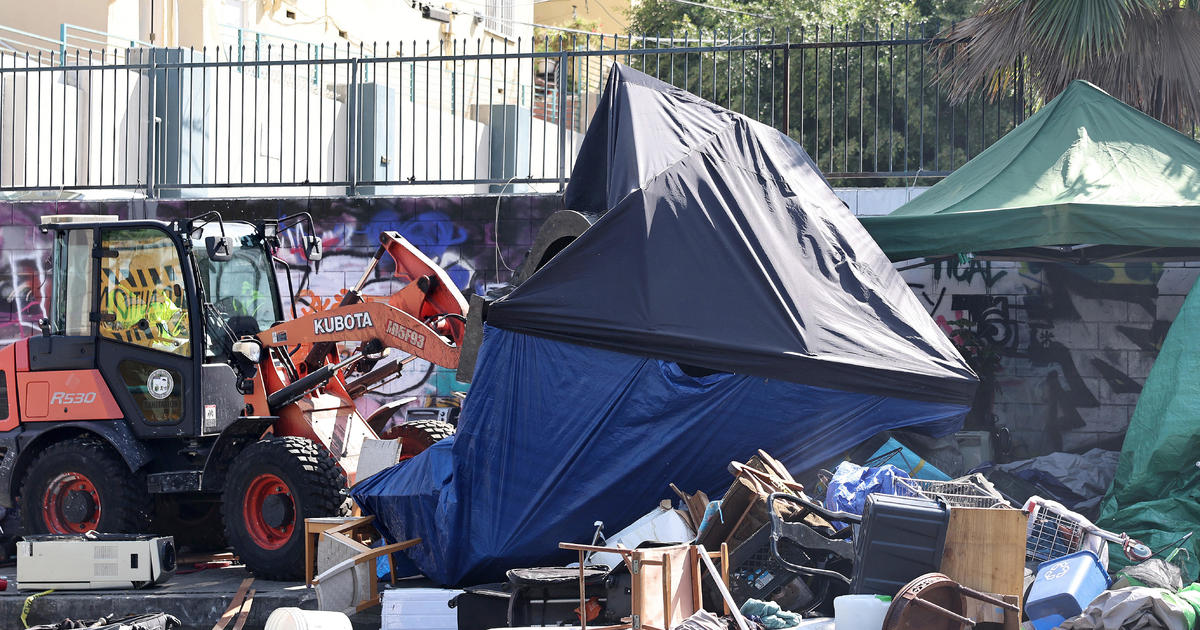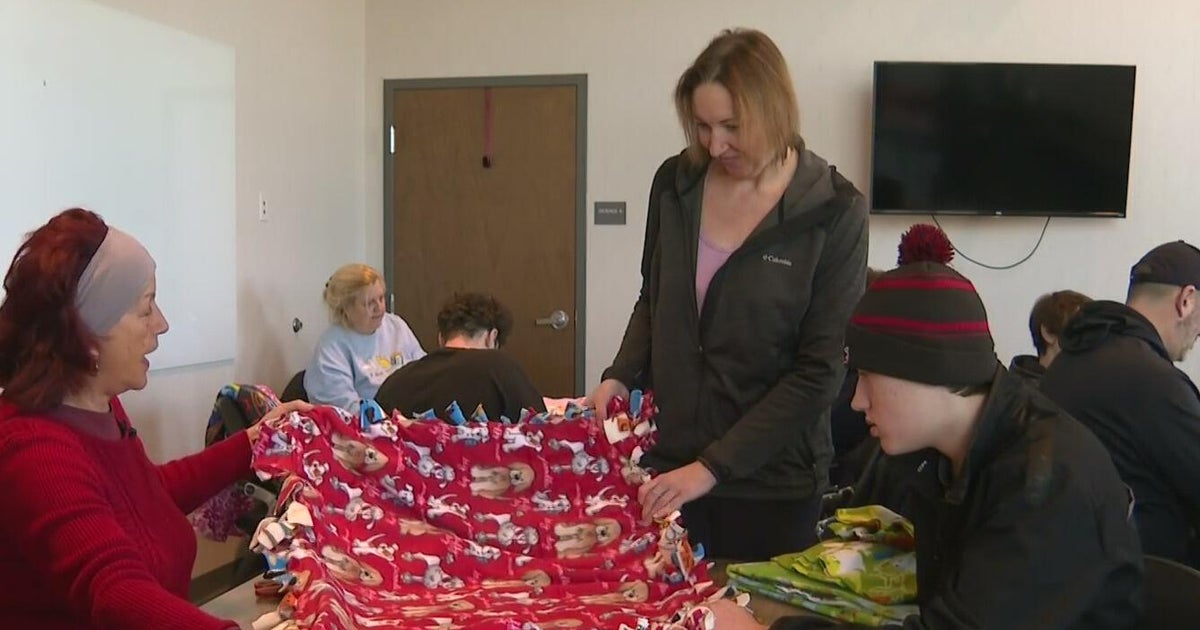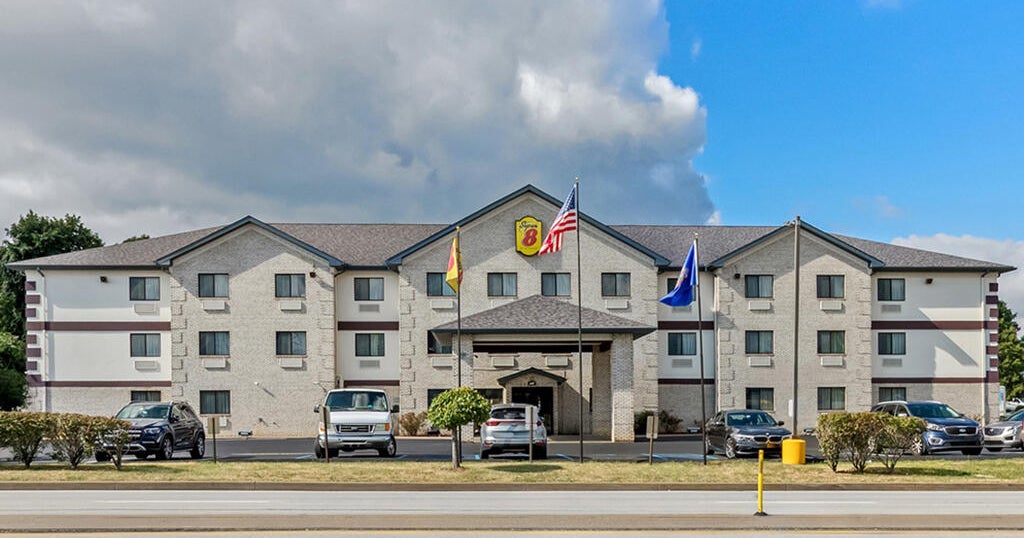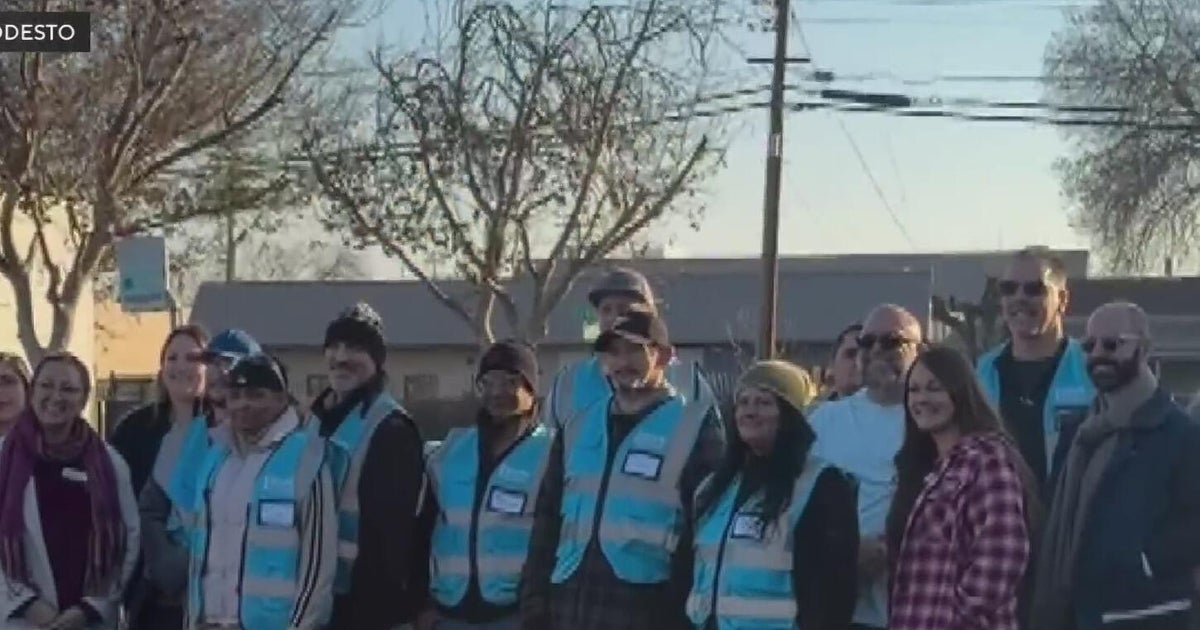Bay Area doctor volunteering in Gaza describes daily devastation, countless wounded; "Palestinians have been so dehumanized"
A Bay Area doctor is helping the wounded and countless children amid the devastation of Gaza.
Dr. Mohammad Subeh is losing count of shrapnel injuries in a war. It's something he has never experienced.
"Today was packed with gunshot wounds to the chest, to the face to the abdomen, to the pelvis," said Subeh.
He is on a five-week humanitarian medical mission as a volunteer. Before leaving the Bay Area in February, the emergency room doctor had only seen media images of civilians becoming casualties of war.
"You don't realize how dire the circumstances are until you come and work here," said Subeh.
KPIX pieced together clips and an interview that was cut short because of unreliable cell reception. Subeh said it's a struggle at times to cope with what seems like an endless stream of unconscionable injuries.
"I was called into a resuscitation bed of a 12-year-old, brains blown out and was taking his final breaths," said Subeh.
The World Health Organization said fewer than half of hospitals in Gaza are even partly functional. Subeh is deep in the heart of Gaza, where the cost of war is piercing.
"I held an older man in my arms as he was crying at the loss of his wife," said Subeh.
The former refugee who grew up in the West Bank, came to the United States when he was 7-years old. He's now a Stanford-educated doctor and is seeing this war through a different lens.
"The Palestinians have been so dehumanized. We have lost our perspective at the human dignity that each one deserves," said Subeh.
Subeh is stationed in Southern Gaza, and the Rafa field hospital he is at has been rattled by explosions. He said some have detonated less than a third of a mile away.
"It makes you wonder what the rest of the world is doing," said Subeh.
Health officials report at least 20 people have died from malnutrition and dehydration, as the call to allow more aid into Gaza grows louder.
Subeh said he is focusing on what he can control but is at times immersed in the struggle between hope and despair.
"I think most of us would give up if we've lived a few days here," said Subeh.
The U.N. said at least 300 healthcare workers have been reported killed since the start of the war.
Subeh left behind his wife Naiema, his teenage son, and 7-year-old Majed in the Bay Area.
"I miss my children, and I miss holding them every night," said Subeh.
It's a sacrifice his elder son Ahmad told me he accepts and understands, knowing his father is entrenched in more than a medical mission.
"Ultimately, we remember our fundamental collective humanity because without that the world just falls apart," said Subeh.
It's a humanitarian mission with countless lives, and much more, on the line.
